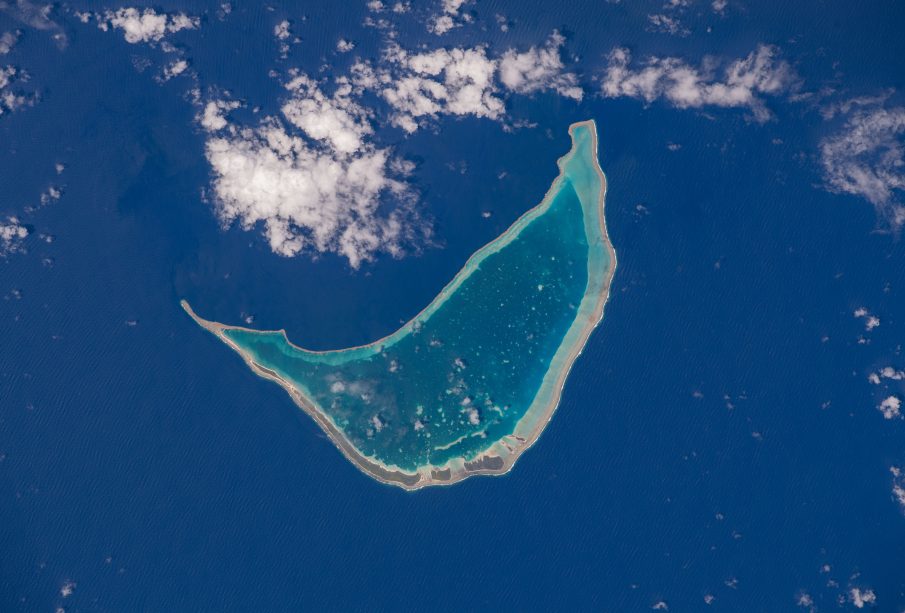Exploring the Marshall Islands: Significance and Recent Developments

Introduction
The Marshall Islands, a picturesque nation in the central Pacific Ocean, holds significant geopolitical and environmental importance. With a population of roughly 58,000 people spread across 29 atolls and 5 islands, the Marshall Islands has became a vital focal point concerning climate change, U.S. military strategy in the Pacific, and sustainable development. Recently, it has garnered attention due to rising sea levels, and diplomatic initiatives, which illustrate its complex role in current global affairs.
Climate Change and Environmental Challenges
The Marshall Islands is one of the countries most affected by climate change, facing threats of rising sea levels and extreme weather events. In August 2023, the government announced plans to collaborate with scientists and environmental organisations to develop innovative solutions to protect coastal communities. This includes investing in artificial reef systems and sustainable agriculture. The National Climate Policy, designed to enhance resilience measures, has garnered support both domestically and internationally.
Geopolitical Significance
Strategically located between Hawaii and the Philippines, the Marshall Islands has become increasingly relevant to U.S. military interests, particularly in countering China’s influence in the Pacific. In September 2023, the United States and the Marshall Islands reaffirmed their Compact of Free Association, allowing for enhanced U.S. military access. This agreement not only bolsters security cooperation but also provides crucial economic assistance, critical for the islands’ development.
Economic Development Initiatives
Tourism is a vital sector for the economy of the Marshall Islands, with ongoing efforts to attract visitors to its pristine beaches and unique culture. The recent launch of the ‘Marshall Islands Travel System’ aims to both promote and manage tourist influx more sustainably. Additionally, the government is exploring renewable energy projects, particularly solar installations, to reduce reliance on costly imported fuels. These initiatives are hoped to bolster economic growth while promoting environmental sustainability.
Conclusion
The Marshall Islands continues to navigate complex challenges posed by climate change and geopolitical pressures, while actively seeking paths toward economic resilience and environmental sustainability. The importance of this nation extends beyond its geographical boundaries, as it plays a critical role in the broader discourse on climate action and international diplomacy. Future developments, partnerships, and community engagement will be pivotal in steering the Marshall Islands towards a sustainable and secure future for its citizens.









